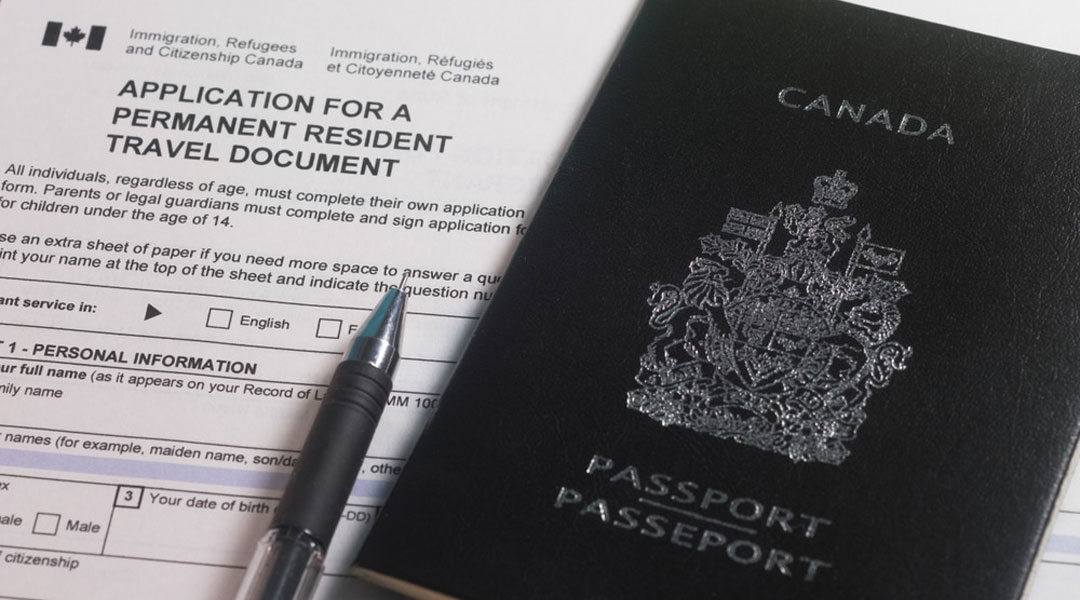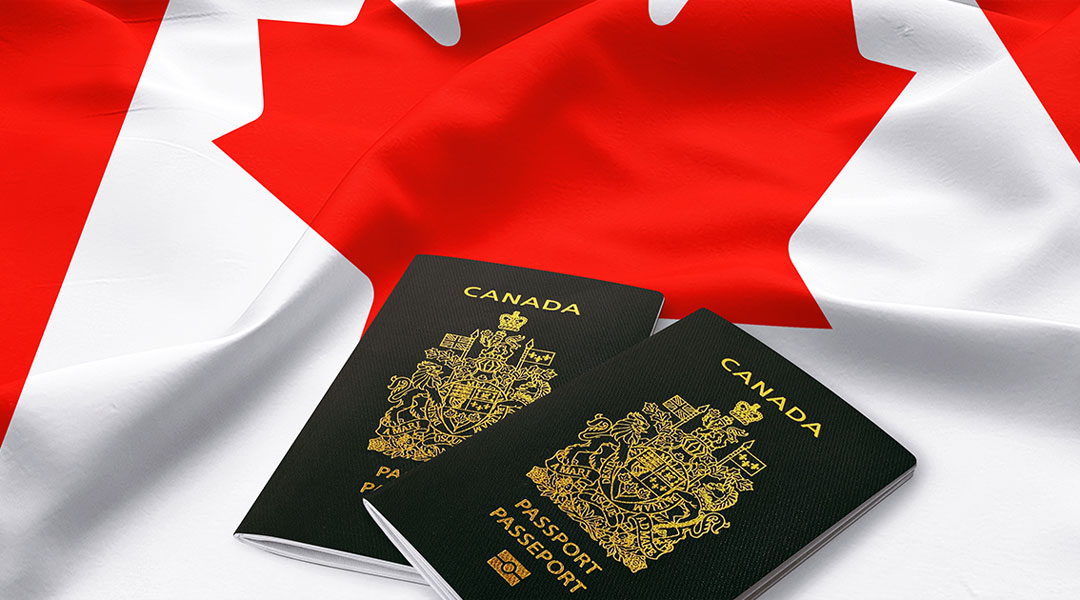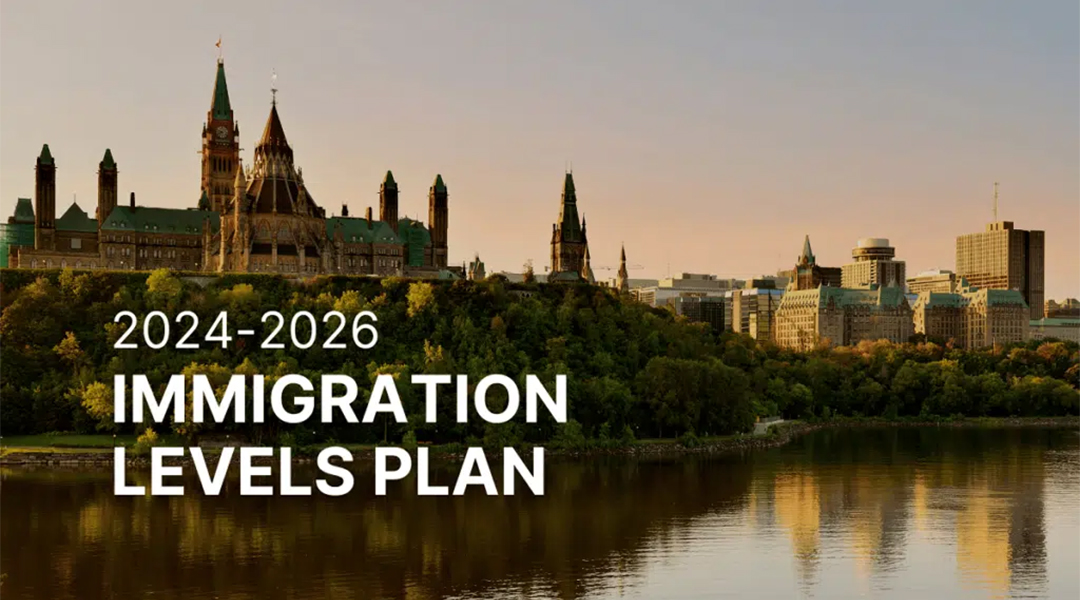
How Foreign Entrepreneurs Can Get Permanent Residence & Citizenship In Canada
Canada has unique business immigration programs through which foreign entrepreneurs can secure permanent residency. These investor immigration programs are similar to golden visas and citizenship by investment programs; however, Canadian business immigration programs require active investment, eventually allowing you to get citizenship in exchange for investment. Through business immigration, business owners, entrepreneurs, and investors can become Canadian citizens by investing in Canadian businesses.
You can always use our free assessment tool to find the best program for yourself or schedule a 1-hour strategy meeting with our top business immigration lawyers.
What is Business Immigration in Canada?
In the Canadian context, business immigration is an area of immigration law that caters to foreign business owners, investors, entrepreneurs, start-ups, and high-net-worth individuals. By expanding foreign business to Canada, investing in an existing one, or starting a new one, foreign individuals and their families can receive permanent residency in Canada.
To become Canadian citizens, foreign entrepreneurs and investors must first obtain Permanent Resident status in Canada. Only permanent residents of Canada can become citizens after they have physically spent 3 years in Canada.
The process of obtaining citizenship in Canada through business ownership is as follows:
We'll explore the steps for business immigration and how to obtain business PR status in Canada through investment and (ultimately) become Canadian citizens.
Step 1: Invest in Buying or Setting up a Business in Canada
There are four ways for foreign investors to invest in Canadian business:
- Starting a business from the beginning;
- Buying an operational business;
- Buying shares in an active business (at least 33% or more); and
- Buying a franchise
In general, your initial investment amount to buy or establish a business in Canada can range between CAD $100,000 to $350,000, but depending on your personal and financial goals can be higher. For example, a business that generates net profits of $100,000 per year for the owner would cost around $500,000 (net revenue x 5).
The table below demonstrates the pros and cons of each option for business investment in Canada.
| Cost |
Risk (profit Potential) |
Time to Operate Before PR Application |
Difficulty to Operate |
Conditions for Permanent Residence Application |
|
|---|---|---|---|---|---|
| Start A New Business |
Low ($50,000+) | High | At least 12 months | Difficult | Active company in Canada; Commercial office; At least 1 Canadian employee; 12 months of operations. |
| Buy A Business |
High: Owner-operator businesses: $50,000 - $250,000 Profitable businesses: $250,000+ |
Moderate | No minimum requirement | Moderate | Ownership of 51% of shares; Active company; At least 1 Canadian employee. |
| Buy Shares in a Business |
Moderate to Average: ($200,000-$300,000) | Moderate | No minimum requirement | Simple | Company existed for at least 12 months; Currently active; Company has sufficient funds. |
| Buy a Franchise |
Moderate ($100,000+) | Low | No minimum requirement | Simple | Active company; At least 1 Canadian employee. |
Step 2: Apply for a Work Permit
Once you have created or purchased a Canadian business, you can apply for a work permit as a business immigrant. Several different work permits are available based on your background and immigration goals. They include the following:
- LMIA-based work permits – although Owner-Operator LMIAs are no longer exempt from advertising requirements, business owners can still apply and obtain LMIA under the regular stream to work in Canada as managers of their businesses.
- Intra-company transferees (“ICTs”) – for those entrepreneurs who already have companies in their home countries and have established a new operation in Canada.
- Investors under free-trade agreements . It is specifically for citizens of Mexico, Chile, Colombia, the USA, the EU, South Korea, Panama, Peru, Vietnam, Australia, New Zealand, Japan, and Singapore.
- Entrepreneur work permits for foreign nationals who intend to operate a business that will generate significant benefit for Canada (C11).
- Start-Up visa work permits for entrepreneurs wishing to establish innovative or highly scalable businesses in Canada.
- PNP Canada programs, though may be complicated for some foreign investors, they still offer a viable option for work permits.
Step 3: Come to Canada to Operate Your Business
Upon arriving in Canada as a foreign worker, you will need to operate your business for a specific period before transitioning to permanent residence. The length of operation depends on the type of business you have (i.e. established or new) and your work permit type.
Note your business is not required to generate certain revenue or even be profitable. But your business needs to be viable (defined by the Federal Court as “having sufficient revenue to cover the operational costs and paying employee wages”).
Step 4: Apply for Permanent Residence in Canada
In general, your business must be active before you can apply for permanent residence, which means that:
- Your business is actively selling goods or services to actual and existing customers in Canada or globally.
- You have all licenses and permits necessary to operate in Canada.
- Your business has a physical location within Canada; and,
- Canadian employees are working for your company
- You are making progress toward the execution of your business plan
- You are currently performing (or intend to perform) executive or senior managerial duties in your business (you should not act as an owner-operator of your business, but rather manage your company through managers)
Once your Canadian business is active, you can apply for permanent residency as the manager of your business. You have to meet additional criteria to become eligible for permanent residence, which often include the following:
- A score of at least CLB 7 for your language skills
- Having post-secondary education
- Having no criminal record or serious ongoing medical issues















